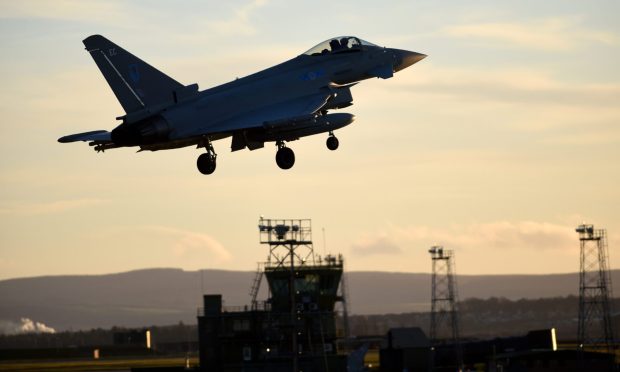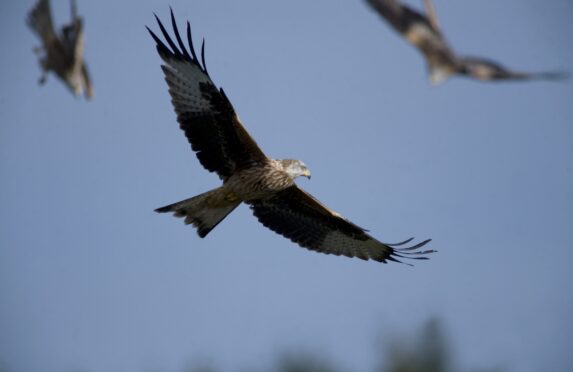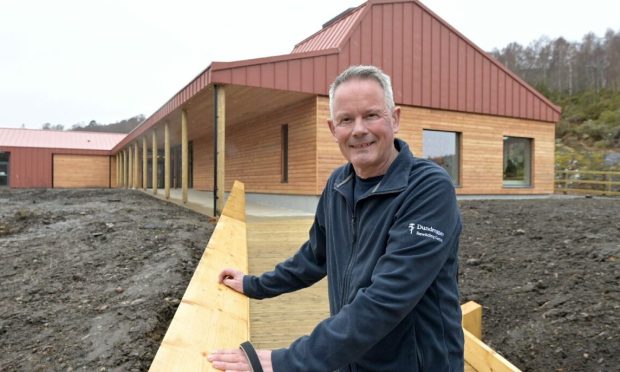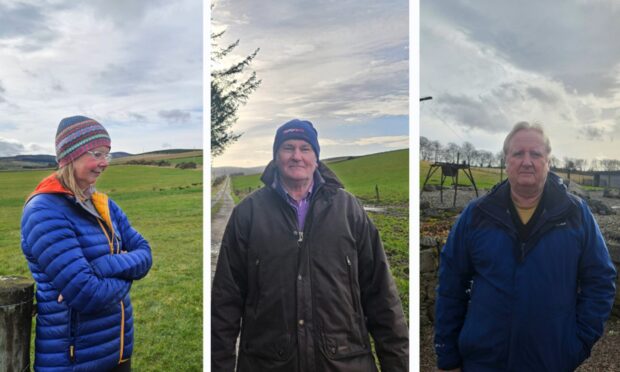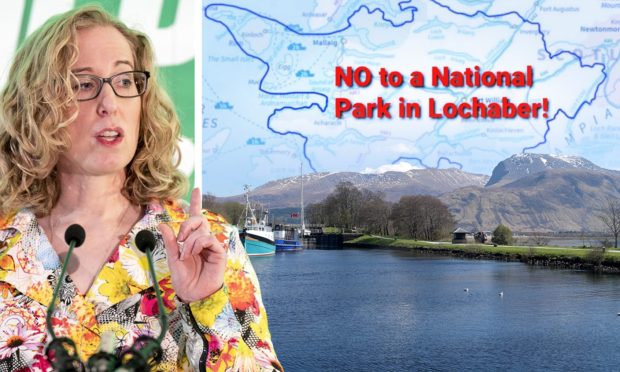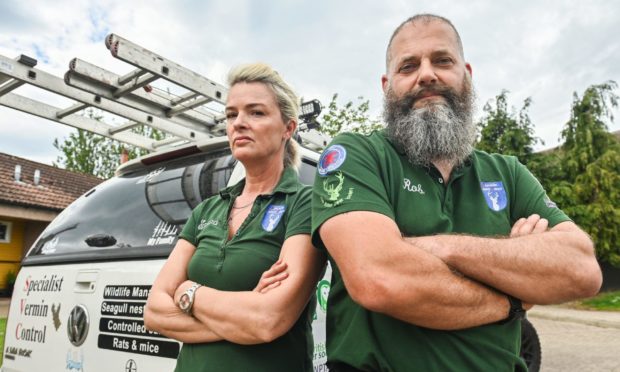Scotland’s farmers lost up to £161 million last year due to the extreme weather, according to a report.
The losses equated to around 6% of the total agricultural output of the previous year, experts found.
The livestock sector was hit hardest by the double impact of severe snow in March and higher feeding costs over the hot summer.
Environmental charity WWF Scotland said farmers were “increasingly on the front-line” of climate change as they work to cope with unpredictable seasons.
The Beast from the East snowstorm in March last year brought the most significant spell of severe winter weather since December 2010, with snow depths up to 50cm or more across upland areas.
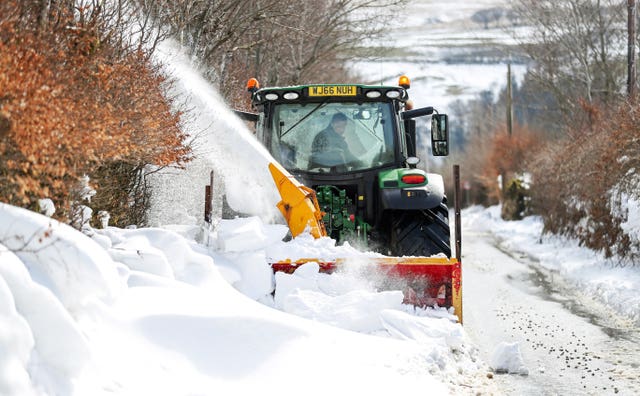
It was followed by the joint hottest summer on record for the UK.
The Economic Impact of Extreme Weather on Scottish Agriculture report was commissioned by WWF Scotland and compiled by economic consultancy Ecosulis.
It concluded that the severe weather of 2017/18 impacted on livestock numbers and yields of key crops.
Sheep farmers suffered the biggest hit as the Beast from the East swept in during lambing season, with losses of £45 million.
This was followed by wheat (£34 million), beef (£28 million), and barley (£26 million).
The report said: “The overall losses to Scottish agriculture are estimated at £161 million, equivalent to 6% of total output in 2017.
“In terms of animal deaths, the biggest impact was also on the sheep sector, the beef sector also suffered substantial losses, but the largest impact on beef was on the cost of forage and increased feeding due to the longer housing period.
“Due to a longer production cycle the impact on the beef sector is likely to be felt for some time.”
The report’s authors added that the poor weather may have contributed to the decision of some dairy farmers to cease production, and said some farmers may have experienced losses as a result of uncollected milk.

“Losses to individual dairy farmers, however, were as high as £23,000,” the publication noted.
Cereal yields were also affected significantly and overall losses to the cereal sector were £62 million – equivalent to 15% of the sector’s output in 2017, the report noted.
Meanwhile, farmers also experienced building damage due to heavy snow and strong winds bringing down roofs and burst pipes.
Insurers also reported an increase in fires during June and July due to the exceptionally hot, dry summer.
Dr Sheila George, food policy manager at WWF Scotland, said: “Farmers are increasingly on the front-line of climate change, struggling with ever more unpredictable seasons and extreme weather.
“This report gives a snapshot of the huge financial toll, but behind these stats there is also a personal cost for farmers across the country.
“Last year’s extremes will soon be the norm rather than the exception and that will have huge implications for farmers and the environment. That’s why it’s so important the Scottish Government takes action now to support our agriculture sector to adapt to the challenges ahead.”
A Scottish Government spokesman said: “Our farmers, crofters and land managers are on the front line when it comes to dealing with unpredictable seasons and extreme weather.
“That is why we continue to engage with the industry to ensure that appropriate support is provided during challenging times.
“This has included offering support to our farming communities through the early payment of loans, securing derogations from European rules, and our continued support of the work of the Agricultural Weather Advisory Panel and Farm Advisory Service.
“We encourage all farmers, crofters and land managers to consider how they can look to improve the resilience of their business both financially and environmentally moving forward.”



